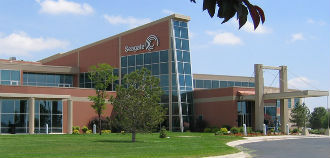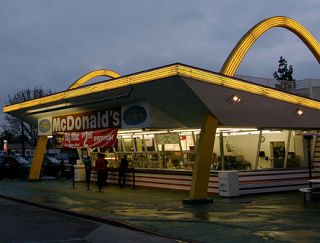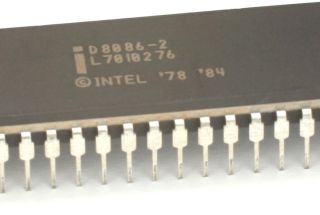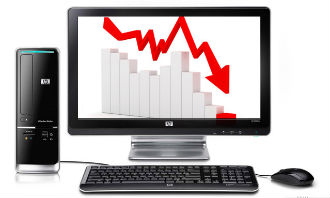 Most CIOs are happy to let employees bring their own devices to work as the BYOD trend shows no sign of slowing.
Most CIOs are happy to let employees bring their own devices to work as the BYOD trend shows no sign of slowing.
IT departments were forced to adapt when personal devices frequently had better compute power and more utility than company-issued Blackberrys. At the same time, there was a challenge in securing devices to make sure sensitive data did not fly off company networks. But when a CEO is wondering why he or she can’t use their iPad at work, and a user’s laptop is better than the company box, it saves cash for the company and keeps employees happy as long as IT can secure the tech.
A report claims over three quarters – 76 percent – of CIOs now let employee devices into the workplace. Understandably, IT managers are concerned about security.
The top BYOD devices are laptops, followed by smartphones, memory sticks, tablets, external hard drives, and iPods.
Managing director of Robert Half Technology, which conducted the survey, Phil Sheridan, said there are a number of factors leading to BYOD’s growth. “Consumer friendly technologies prompt employees to rely on a certain level of productivity at work as they have at home,” Sheridan said. “Only 24 percent of IT directors in our survey said that they do not currently allow employee owned devices into the workplace, so the tide has clearly turned in favour of BYOD”.
It is, however, still necessary for companies to consider their BYOD strategy to prevent any embarrassing data SNAFUs.
Additionally, there can be financial costs in upgrading infrastructure to properly manage employee owned devices, or to provide training. However, almost a third of those surveyed did report cost savings by adopting BYOD policy.
“Although CIOs have security concerns when considering BYOD policies, their teams are best placed to implement the correct infrastructure to support extra devices in a safe environment and to understand the impact of extra devices and apps on the network,” Sheridan said.



















